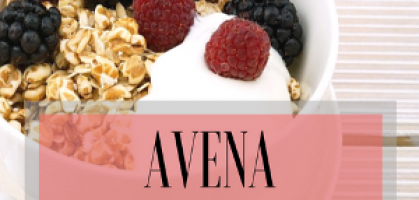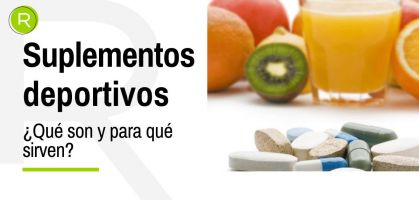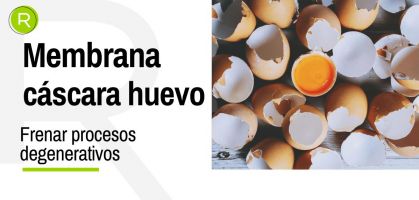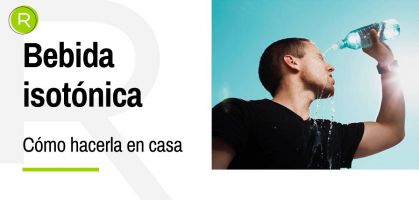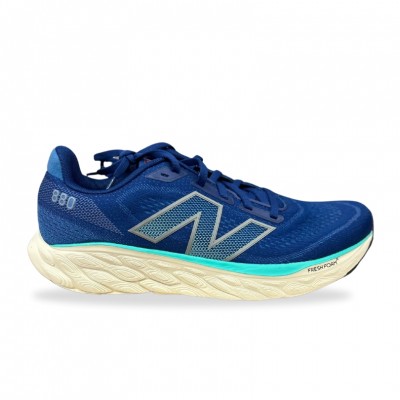
Alvaro Gallego. Nutritionist and personal trainer Academy WIn.
Faced with the question of whether it is compatible to be a runner with a vegetarian diet, let's try to make a brief contextualization.
Starting from the basis that there should not be any problem, as long as you follow some basic guidelines and recommendations to cover all the demands and nutritional requirements.
A vegetarian diet is defined as one that does not include red meat, poultry or game, fish, shellfish or crustaceans, or by-products from the slaughter of animals such as gelatins or fats. It includes grains, nuts, seeds, vegetables and fruits, with or without dairy products and eggs.
Within this diet we can differentiate ovo-lacto vegetarians, who eat dairy products and eggs, and lacto-vegetarians eat dairy products, but not eggs. Strict vegetarians do not eat dairy products, eggs, or any other animal products.
A balanced vegetarian diet can provide all the nutrients necessary for the competitive athlete. Animal foods are not essential for athletic performance.
Benefits of eating a vegetarian diet
There is not a lot of research on the benefits, but there is clear evidence that shows on a general level that they are better than other types of diets. These are:
- Less cholesterol and saturated fats, thus preventing obesity.
- And due to the higher consumption of fruits and fiber, it causes benefits for our cardiovascular system and our digestive system.
In general vegetarian diets are low in fat, high in fiber and contain less protein than non-vegetarian diets, but they can perfectly cover the recommended amounts of protein. However, since athletes need more protein than the amount recommended for the general population, the question is whether vegetarians can ingest enough protein without taking supplements.
The answer is yes, as long as a wide variety of protein foods are consumed and caloric intake is adequate. Contrary to popular belief, even strength athletes can obtain sufficient protein from a vegetarian diet.

Good vegetarian sources of protein are soy, tofu, legumes, seitan and pseudocereals such as quinoa.
Protein supplementation
For vegetarians, protein supplementation is very important to obtain all the essential amino acids needed. Many vegetable proteins are deficient in some essential amino acid (cereals have little lysine and legumes are deficient in methionine). Plant foods from two or more of the following categories should be combined: legumes, grains (bread, pasta, rice, cereals), nuts and seeds, and soy products.
Meat is the main source of creatine in the diet, which is why vegetarians tend to have less creatine in their muscles than non-vegetarians. Since creatine levels are lower, vegetarians have a greater ability to accumulate creatine in their muscles if they take supplements and are likely to have greater performance benefits in sports with repeated sets of anaerobic activity.
The negative aspects of the vegetarian diet is that it is often poor in iron, zinc and omega-3 fatty acids. Not consuming meat results in a lower intake of iron and zinc, however because the body adapts it results in greater absorption.

Although iron from plant foods is less well absorbed, studies have shown that iron deficiency anemia is not more common in vegetarians.
On the other hand, vegetarians can obtain omega-3 fatty acids from foods other than fish, such as nuts (pumpkin seeds, walnuts, peanuts), rapeseeds, soybeans, flaxseeds and their oils, or omega-3 enriched eggs.
Iodine, calcium and vitamin B12 may also be low in a vegetarian. It is advisable to consume iodized salt, foods enriched in calcium (fruit juices), or vitamin B12, such as soy drinks, cereals.
With all this, we should know that to be runners we need a correct supply of proteins and carbohydrates, essential to have a good supply of energy, avoid muscle fatigue and accelerate recovery after intense training.
Although we have always been educated with the idea that these sources of protein and carbohydrates are found in foods of animal origin, such as meats and dairy, leaving the doubt as to whether the diet of vegetarians is sufficient for runners.
This is why vegetarian runners, contrary to popular belief, by adequately combining vegetables, legumes and grains to satisfy hunger, provide sufficient nutrients.
Regarding supplementation for a vegetarian athlete, the main complement would be an external contribution of vitamin B12, since it is found in foods of animal origin; it is a fundamental contribution for the formation of red blood cells and therefore favors sports performance. In the case of ovo-lacto vegetarians, this external contribution would not be necessary since they already add foods of animal origin.
If you are an Academy Win Premium user, you will have access to the Runnea AW Club. There you can find a complete report prepared by the nutritionist Gloria San Miguel with all the food and advice necessary to complement a vegetarian diet with your favorite sport, running.
Read more news about: Nutrition


